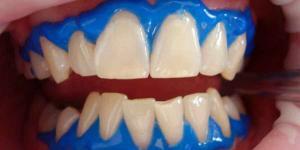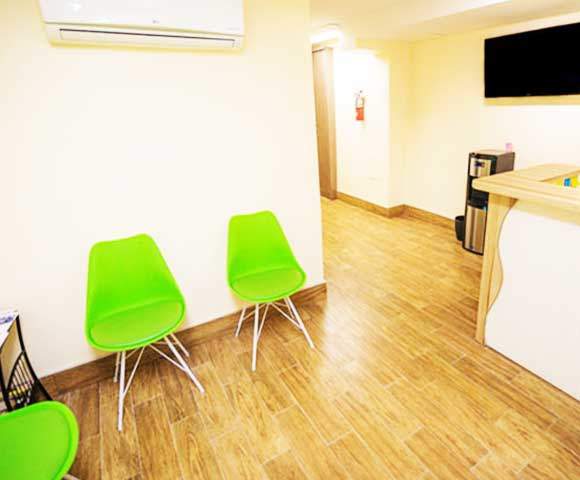Many parents ask themselves many questions regarding dentists, but top on their mind is, “when is the right time to take my kid to the dentist?”
The answer to this question depends on various factors. Many of these factors are developmental, which means the right time is determined by how a baby’s development is.
Let us look at different stages that a baby goes through that may require you to talk to a dentist.
Teething
This is often considered as the first ritual in the growth and development of each human being. The first set of teeth often begins to show when the baby is around six months old. By the end of the first year, all the 20 baby teeth may have already pushed through the gums. At age three, a good number of the kids already have all their teeth showing above the gums.
The common age range at which these teeth erupt is between 6 months to 14 months.
The eruption of baby teeth does not occur calmly, though. When the initial set shows up, some kids get picky, sleepless, and also irritable. A few will begin to drool more often, and they may lose their appetite. In case you realize that a kid has different symptoms to these, then there is a bigger problem, and you need to consult a pediatric dentist.
Some of the red flags include symptoms like rashes, fever, or diarrhea.
The Need for Fluoride
Fluoride refers to a mineral that is found in most sources of water. It is a major ingredient in most kinds of toothpaste and mouth rinse. Toddlers need fluoride to protect their enamel. When the enamel is weak, the potential for decay becomes high.
Fluoride plays an essential role in repairing weak enamel. However, as a parent, you need to know that not all bottled water has this mineral, which is vital that you get a dentist to recommend what type of water to use.
Decay
Dental decay in children isn’t a rare phenomenon. One main cause of tooth decay in kids is the pacifier. A large number of parents dip the pacifier inside honey, sugar, or any other sweet thing, a move that increases the possibility of decay.
An additional cause of decay is when bacteria that causes cavity is passed to the baby by the mother. We have seen cases where the mother puts a child’s feeding spoon in their own mouth before using it to feed the baby, causing decay. Decay is one of the causes of tooth loss, which might necessitate te use of dental implants in future.
First Visit to the Dentist
Parents need to visit the dental office as soon as the kid’s first tooth grows. This initial visit can be arranged at any time, but the best time is within six months after the appearance of the first set of teeth. Some parents postpone this visit until a time when the kid starts school. This is always a big mistake because there is a high possibility that the dentist will find something amiss with your kid’s teeth.
When you are a parent to young children, you need to start earliest enough to teach them about good habits. The first visit will allow a specialist to check the baby’s teeth to check whether they are developing normally. This is also when the dentist creates a rapport with the kid and makes sure subsequent visits aren’t so bad.
How to make a Dental Visit More Favorable
There are various things you can do as a parent to make the first visit more favorable. First, try and schedule an appointment at a time that the baby has rested well. A rested baby will be more cooperative than one that is tired.
You also need to hide your emotions. Babies will easily sense emotions that are running through you, so keep the negativity to yourself and exude more positivity.
When opting to take a baby to the dentist, you need to make sure it is a planned visit and for the baby’s benefit. Don’t use the visit to punish your baby or to threaten him.
If the kid can understand you, it is good to talk to them. Always talk positively to the baby about the visit so that they are prepared.
What to Expect
The first visit is a chance for the dentist to examine the teeth for problems. He then reveals whether there are any risks. The next thing is for the dentist to give tips on dental care for the kid.
In Closing
Take time to talk to the dentist about the kid, ask a lot of questions, and voice your fears. Remember that what you do when the kid is young will determine if the kid will need restorative treatments such as dental implants later on.



